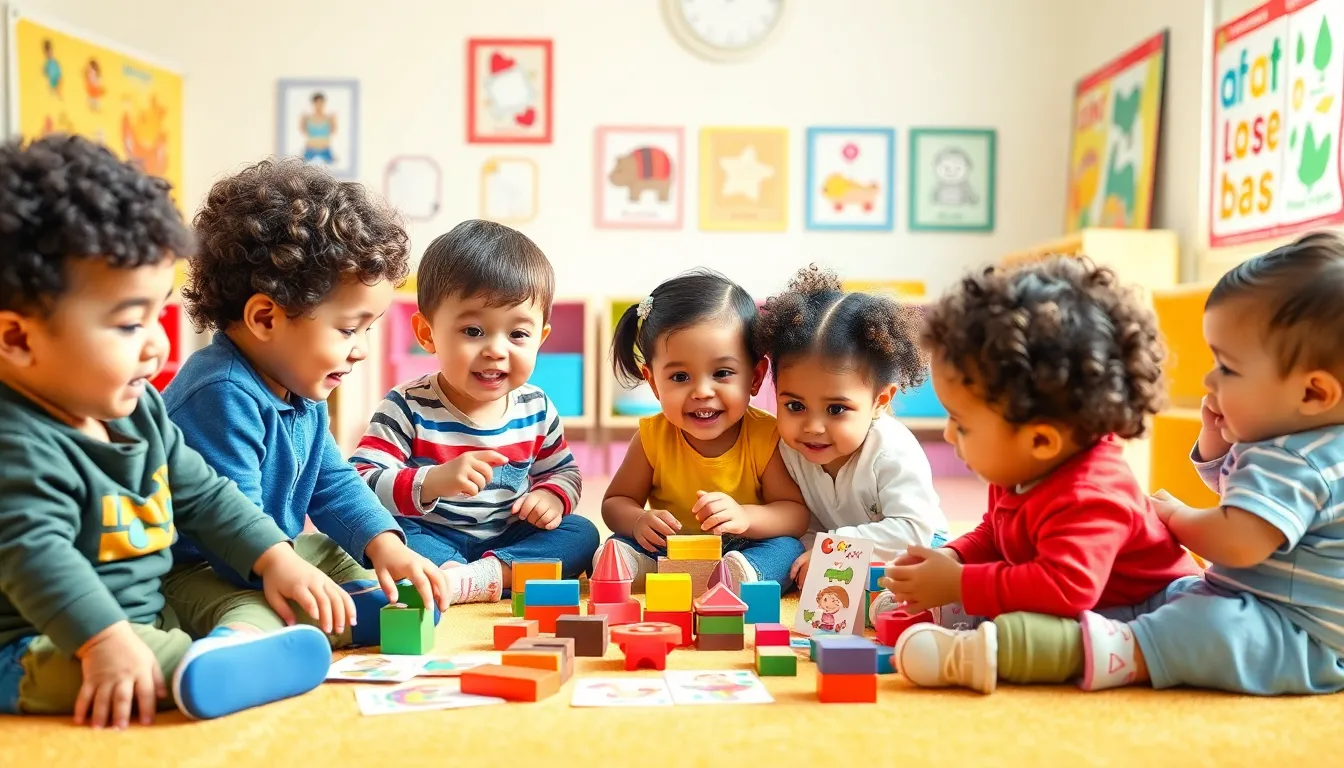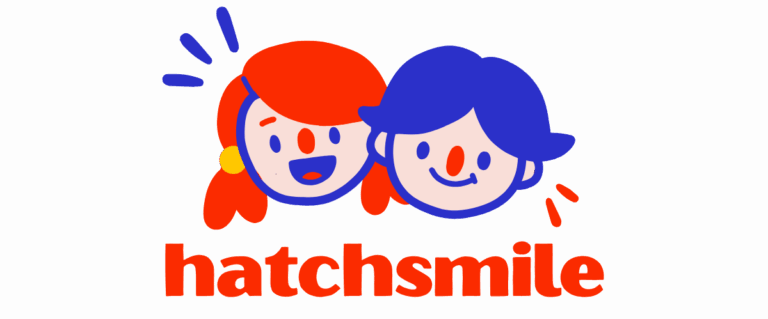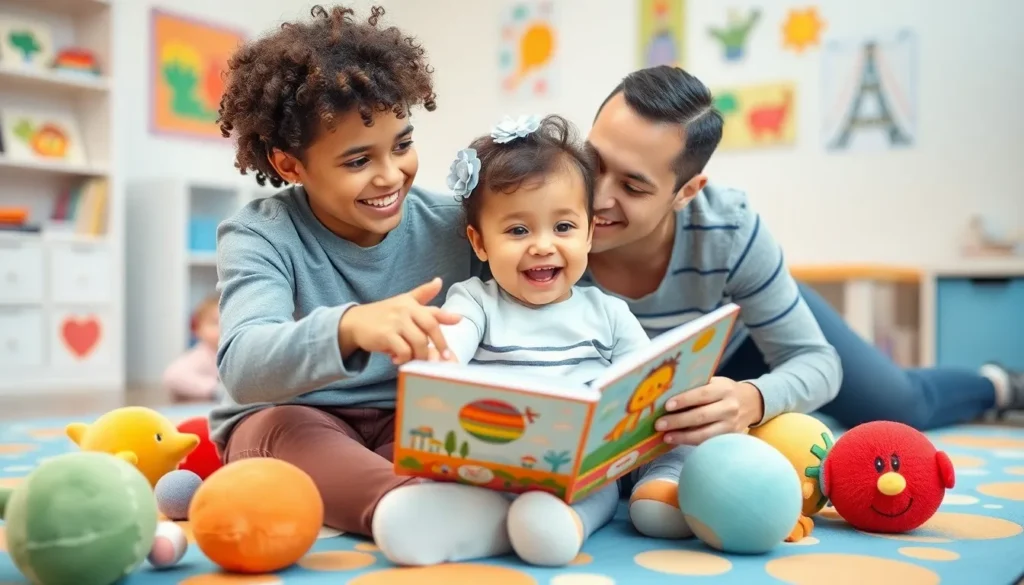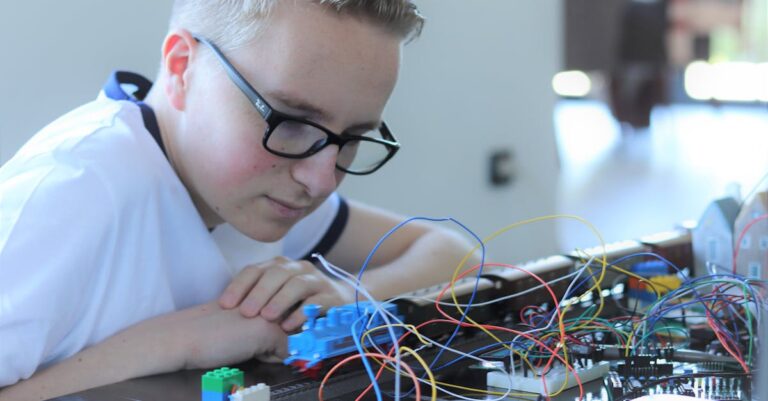Watching a toddler find their voice is like witnessing a tiny comedian in the making. One moment they’re babbling about their favorite toy, and the next, they’re stringing together words that leave parents both amused and bewildered. These talking milestones are more than just cute anecdotes; they’re essential markers of a child’s development.
Table of Contents
ToggleUnderstanding Toddler Talking Milestones
Understanding toddler talking milestones helps parents monitor their child’s speech development. Typically, toddlers start saying their first words around 12 months. Sounds like “mama” and “dada” mark this exciting stage.
Between 12 to 24 months, vocabularies rapidly expand. Most toddlers learn around 50 words by the time they reach 18 months. They often imitate words and phrases heard from adults.
Between 24 to 36 months, speech becomes more complex. During this period, they form simple sentences, such as “want cookie” or “play ball.” Communication becomes clearer, and toddlers readily engage in brief conversations.
By the age of three, most children use around 200 to 1,000 words. Sentence structures improve, with more grammatical accuracy. During this time, they begin to ask questions and express their feelings.
Listening and understanding are crucial components of speech development. Toddlers comprehend simple instructions, such as “come here” or “sit down.” Encouragement, such as reading books and singing songs, fosters language skills.
Monitoring progress provides essential insights. Consulting a pediatrician becomes necessary if a child shows signs of speech delays. Timely intervention can significantly enhance communication ability and overall development.
Importance of Early Communication Skills

Early communication skills play a crucial role in a toddler’s overall development. Mastering these skills fosters confidence and independence, benefiting children in various aspects of their lives.
Benefits of Milestones in Development
Milestones in speech and language development provide essential benchmarks for assessing progress. Achieving these milestones indicates that a child is developing cognitive and motor skills alongside their communication abilities. Vocabulary expansion builds a strong linguistic foundation, preparing them for future learning. Communication lays the groundwork for other developmental areas, including problem-solving and emotional regulation. Parents can better support their child’s growth by recognizing these milestones and encouraging language use.
Impact on Social Skills
Communication skills significantly impact a child’s social interactions. Expressing thoughts and feelings allows children to engage with peers and adults more effectively. As toddlers learn to articulate their needs, they gain confidence in social settings. The ability to initiate conversations promotes friendships and enhances cooperative play. Developing these social skills early creates a positive foundation for future relationships, both personal and academic. Understanding and being understood fosters empathy and connection with others, laying the groundwork for lifelong communication.
Key Toddler Talking Milestones
Tracking toddler talking milestones helps gauge speech development. Key stages determine language progression throughout early childhood.
First Words
Most toddlers speak their first words around 12 months. Common first words include “mama,” “dada,” and “hi.” By 18 months, many children typically expand their vocabulary to about 50 words. Recognizing names of familiar objects or people often occurs at this stage. Encouraging verbal interaction enhances this critical phase.
Vocabulary Growth
Vocabulary growth accelerates significantly between 18 to 24 months. During this period, toddlers commonly experience rapid word acquisition. Significant vocabulary increases lead to a typical count of 200 words by age two. Children start to recognize and label items in their environment regularly. Engaging them in conversations and reading enhances this expansion considerably.
Combining Words
By 24 months, many toddlers start combining words into simple phrases. Phrases like “more juice” or “big truck” illustrate their developing language skills. This combination of words marks a transition from single words to basic sentences. Children at this stage can express needs and wants more clearly. Encouraging this practice fosters confidence in their communication abilities.
Factors Influencing Language Development
Language development in toddlers involves various factors that shape their ability to communicate effectively. Two significant influences include social interaction and exposure to language.
Social Interaction
Social interaction plays a vital role in language skills. Engaging with caregivers and peers enhances toddlers’ vocabulary and comprehension. Conversations, even simple exchanges, provide opportunities to practice speaking. A child who frequently interacts with others develops stronger language abilities compared to those with limited social contact. Examples include playdates, group activities, and family gatherings. Each interaction fosters learning and helps toddlers understand social cues, turning speaking into an enjoyable activity.
Exposure to Language
Exposure to language significantly impacts a toddler’s speech development. Daily experiences provide essential contexts for learning new words and phrases. Listening to conversations, reading books, and singing songs enrich vocabulary. An environment filled with diverse language sources encourages toddlers to explore and imitate speech patterns. For instance, children who enjoy storytime often acquire language skills faster. Consistent exposure builds familiarity, allowing toddlers to grasp grammar and pronunciation naturally.
Strategies to Support Language Development
Supporting language development during the toddler years fosters essential communication skills. Incorporating activities such as reading aloud and engaging in interactive play significantly enhances a child’s speech and vocabulary.
Reading Aloud
Reading aloud introduces toddlers to new words and rhythms of language. Engaging with storybooks can stimulate a child’s imagination while building comprehension skills. Choose age-appropriate books that feature colorful illustrations to captivate interest. Ask open-ended questions about the story to encourage toddlers to express their thoughts. Repeating favorite books reinforces vocabulary and invites children to anticipate phrases. This repetition helps solidify language patterns, making reading a valuable bonding experience between parent and child.
Interactive Play
Interactive play creates opportunities for toddlers to practice language in a natural context. Utilizing simple toys or role-playing scenarios can foster communication skills. Encourage conversations during playtime to promote vocabulary growth and sentence structure. Incorporating songs or rhymes into play enhances phonetic awareness. Asking toddlers to describe their actions or share ideas fosters expression and creativity. Collaborative play nurtures social skills, inspiring conversations that help develop strong language foundations.
Toddler talking milestones are essential markers of a child’s growth and development. As toddlers progress from babbling to forming sentences they not only entertain but also build the foundation for effective communication. Encouraging language-rich environments through reading and interactive play can significantly enhance their speech skills.
Monitoring these milestones helps parents understand their child’s progress and identify any potential delays. Early intervention can make a meaningful difference in a child’s ability to communicate and connect with others. Ultimately fostering these communication skills not only supports cognitive development but also nurtures social interactions and emotional growth, setting the stage for a bright future.






